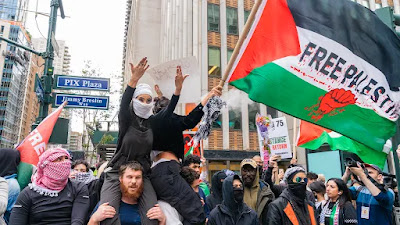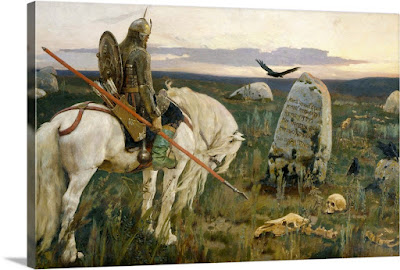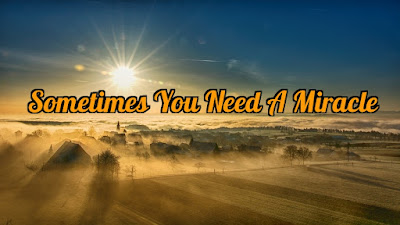Halloween has been more Trick than Treat to me of late ...
a record $3 billion-plus this season on hairy spiders, blowup Draculas and plastic maggots that glow in the dark.
Millennials are characterized by a desire for a prolonged adolescence so it is no surprise that they cling to the idea of dressing up.
In fact, two in three adults feel Halloween is a holiday for them and not just kids.
But I think it goes deeper:
The books and then movies in the 50's of INVASION OF THE BODY SNATCHERS and WHO GOES THERE? (THE THING)
did not just tap into the paranoia of the Cold War
but also the paranoia of adulthood when aging children realized that their parents,
their leaders, and those around them were not who they posed as being:
In essence those children lost their innocence in that they realized they were surrounded by people wearing masks ...
and that the real monsters lay BENEATH those masks.
Especially since September 11, 2001, the Boston Marathon Bombing, and endless school shootings,
it seems all too easy to imagine a murderer sitting in the aisle next to you.
Sociologists tell us if you want to understand a culture, look at its holidays.
Christmas gift-giving rituals shed light on how we manage social relationships.
Thanksgiving feasts depend on shared understandings of family and national origin stories.
Halloween, with its emphasis on identity, horror and transgression, can tell us about who we want to be and what we fear becoming.
Of course, that is not the only reason for the surging popularity of Halloween --
Young adults I’ve spoken with often identify this as their favorite part of the holiday – the chance to be, at least for a night, whatever they wish to be.
There’s no stress to it.
You don’t have to travel or deal with relatives. There’s not the holiday pressure to find a date if you are single.
You can wear whatever you want and not be judged. There’s the fantasy, role-play element.
If you think about it, it’s not surprising that 70% of people feel it’s their favorite holiday.
My friend, Darren Comeaux,
tells me that Halloween is quite an event in Japan, a country from which he has just returned.
In Japan, Halloween is not simply an end-of October event.
1.) It is celebrated more in the form of masquerade parties and parades for adults.
2.) Halloween season in Japan runs for quite a long time.
In amusement parks like Disneyland, Halloween-themed performances start from early September.
In schools and offices, Halloween parties and related events fill up their calendars for two months.
(While in American Politics, Trick or Treat lasts all year!)
3.) Halloween is still a growing market in Japan.
DEVIL'S NIGHT
Devil's Night is a name associated with October 30, the night before HALLOWEEN in Detroit, Michigan
(a city that both Victor Standish and I have highly violent memories of)
Devil's Night dates from as early as the 1930's.
Traditionally, city youths engaged in a night of mischievous or petty criminal behavior, usually consisting of minor pranks.
However, in the early 1970s, the vandalism escalated to more destructive acts such as arson.
The crimes became more destructive in Detroit's inner-city neighborhoods, and included hundreds of acts of arson and vandalism every year.
The destruction reached a peak in the mid- to late-1980s,
with more than 800 fires set in 1984, and 500 to 800 fires in the three days and nights before Halloween in a typical year.
ANGEL'S NIGHT
Let us resolve to counter-act the darkness a bit and make of Halloween season a time of Angel Nights where we do random acts of kindness.
Now, that's a real treat to a night of tricks, right?
Look for my collections of Halloween tales



































+1%20(1)_1.jpg)




1.jpg)

+1%20(1).jpg)






.jpg)


























































































































































































